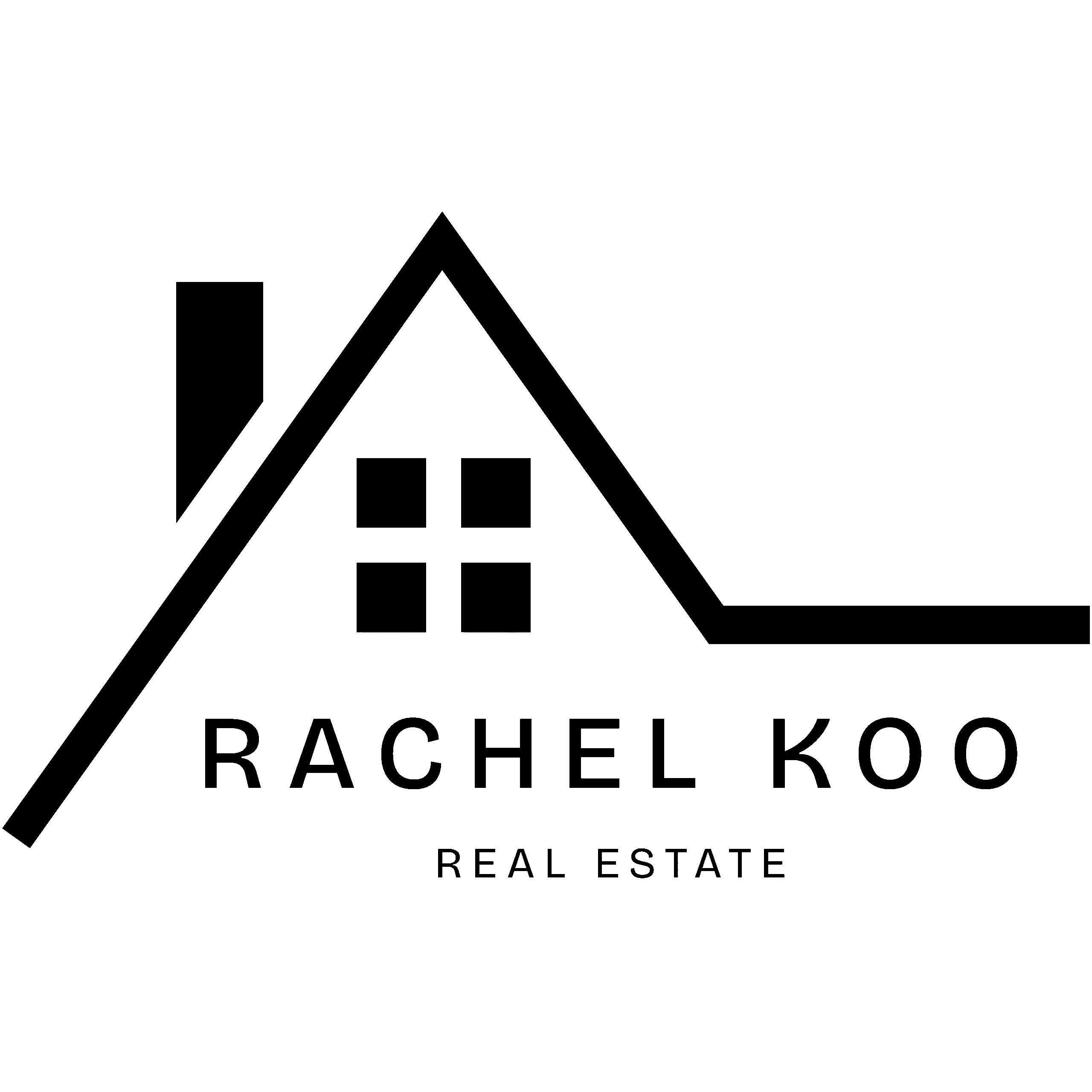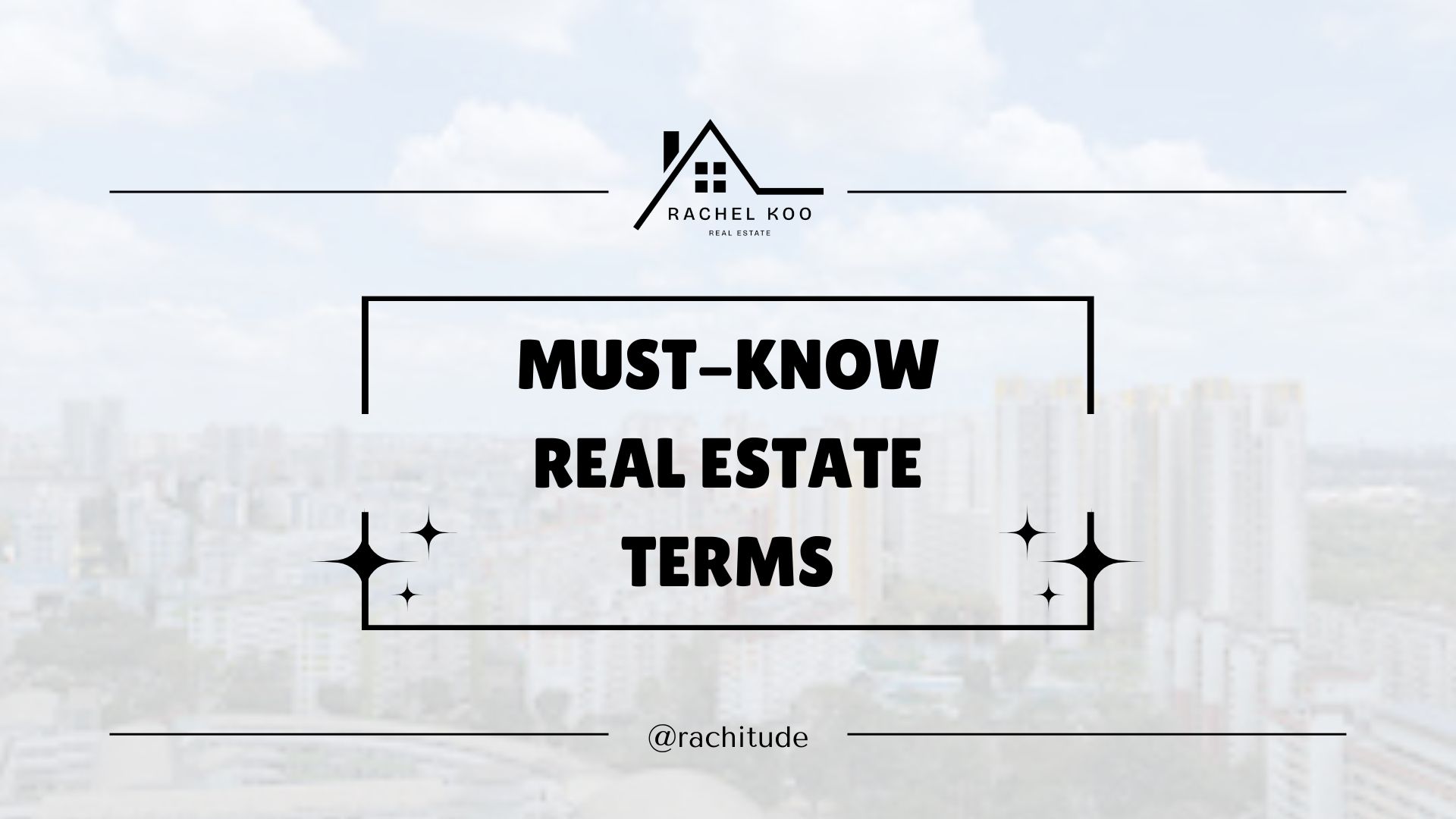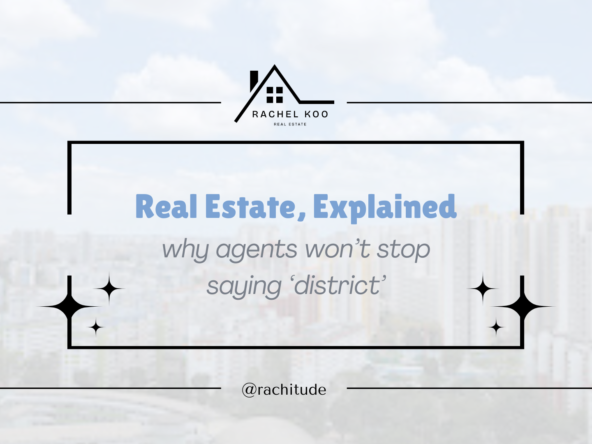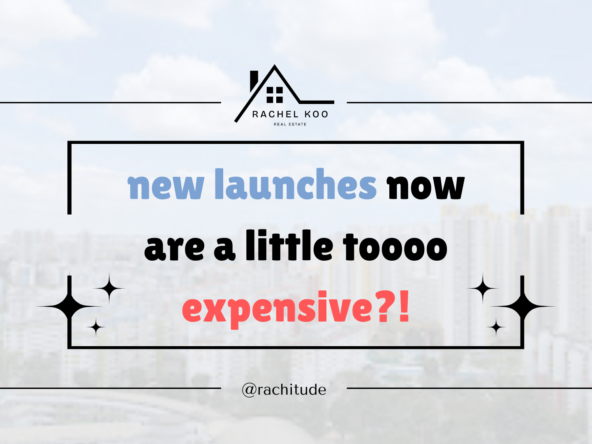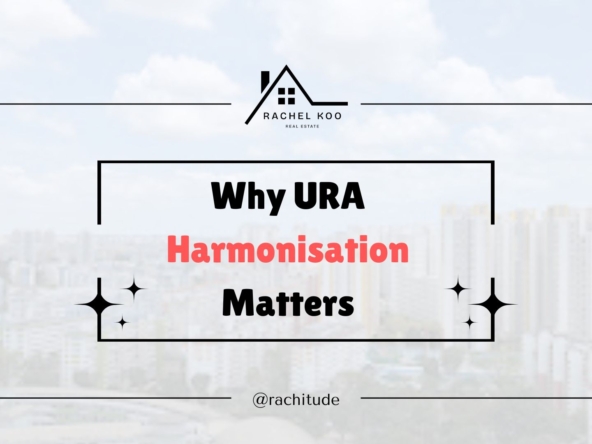Do you know some of the common terms used in Real Estate, like OTP and SPA?
Or, do you know the difference between TOP and CSC?
This guide aims to provide a concise overview of the most commonly used terms in the Singapore real estate market. Understanding these terms is essential for anyone looking to navigate the complexities of property transactions in Singapore, whether you are a buyer, seller, or investor. Below are the top 10 terms, along with their explanations and examples.
1. Option to Purchase (OTP)
The Option to Purchase is a legal document that grants the buyer the exclusive right to purchase a property within a specified period. The buyer typically pays an option fee to the seller, which is usually 1% of the purchase price.
Example: If a buyer is interested in a property listed at SGD 1 million, they may pay SGD 10,000 as an option fee to secure the OTP.
2. Sale and Purchase Agreement (SPA)
The Sale and Purchase Agreement is a legally binding contract that outlines the terms and conditions of the property sale once the buyer exercises the OTP. It includes details such as the purchase price, payment schedule, and completion date.
Example: After exercising the OTP, the buyer and seller will sign an SPA that stipulates the buyer will pay the remaining balance of SGD 990,000 within a specified timeframe.
3. Temporary Occupation Permit (TOP)
The Temporary Occupation Permit is issued by the Building and Construction Authority (BCA) and allows the owner to occupy a newly completed property before the final Certificate of Statutory Completion is issued. This is common for new developments.
Example: A developer may receive a TOP for a condominium project, allowing buyers to move in while final touches are being completed.
4. Certificate of Statutory Completion (CSC)
The Certificate of Statutory Completion is a document issued by the BCA that certifies that a building has been completed in accordance with approved plans and is safe for occupation.
Example: Once a developer has fulfilled all building regulations, they will apply for a CSC, allowing homeowners to officially occupy their units.
So… what’s the difference between TOP and CSC?
- TOP is optional, CSC is compulsory.
- TOP allows for early occupancy of a development, even if shared amenities are incomplete; whereas CSC signifies complete and legal readiness for full operation.
- TOP focuses on living spaces, while CSC covers the entire development, including all amenities.
- TOP is issued earlier, while CSC is issued after all works are completed.
5. Leasehold vs. Freehold
In Singapore, properties can be classified as leasehold or freehold. Leasehold properties are owned for a fixed term (commonly heard 99 years or 999 years), while freehold properties are owned indefinitely.
Example: A buyer purchasing a freehold landed property will have ownership rights that last forever (subject to Land Acquisition Act) whereas a buyer of a leasehold property will have interests for x years.
6. Conveyancing
Conveyancing refers to the legal process of transferring property ownership from one party to another. This process involves preparing legal documents, conducting searches, and ensuring compliance with regulations.
Example: A conveyancer will handle all legal paperwork when a buyer purchases a property, ensuring that the title is transferred correctly.
7. Stamp Duty
Stamp Duty is a tax levied on property transactions in Singapore. It is calculated based on the purchase price or market value of the property, whichever is higher.
Example: If a buyer purchases a property for SGD 1 million, they may be liable to pay a stamp duty of SGD 24,600, depending on the applicable rates.
8. Mortgage Loan
A mortgage loan is a loan taken out to purchase property, where the property itself serves as collateral. Buyers typically approach banks or financial institutions for mortgage financing.
Example: A buyer may secure a mortgage loan of SGD $600,000 to finance the purchase of a SGD $1 million property, covering the remaining SGD $400,000 with their own funds (cash/CPF).
9. Property Valuation
Property valuation is the process of determining the market value of a property, usually conducted by a certified valuer. This is important for buyers, sellers, and lenders to ensure fair pricing.
Example: Before approving a mortgage, a bank may require a property valuation to confirm that the property is worth the amount being financed.
10. Minimum Occupation Period
If you’re a Singaporean, you definitelyyyyy heard of this before. The legendary MOP.
MOP stands for Minimum Occupation Period. It refers to the minimum number of years you are required to live in your HDB flat before you are allowed to sell it on the open market or invest in another residential property (like buying a private condo)
Example: Let’s say John and Sarah buy a new 4-room BTO flat in Punggol and collect the keys in March 2020. Their MOP will end in March 2025.
Before March 2025:
They cannot sell the flat.
They cannot buy a private condo.
They cannot rent out the whole unit.
After March 2025:
They are free to sell the flat, buy a condo, or rent out the flat fully (with approval).
Conclusion
Understanding these terms will empower you to make informed decisions in the Singapore real estate market. Whether you are buying, selling, or investing, familiarity with these concepts is crucial for a successful transaction.
